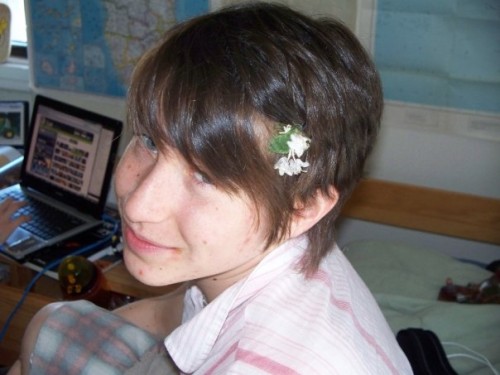Sabina Carleson is a senior at Tufts University majoring in Community Health. She has worked in Southern Sudan and three years ago co-founded RESPE, a community-led research and development project in rural northern Haiti under the Institute for Global Leadership (IGL).
Some 4 years ago, I began an oral history project chronicling the Haitian Diaspora here in the Greater Boston Area, and lines of the powerful stories still linger in my mind: “Haitians have always known hardship, and will always know hardship,” an elderly man told me in our mixed dialogue of French, Creole, and English somewhere in the basement of a community housing project. “But the Haitians always have been strong, and always will be strong.”
In the 4 years since, those observations have been confirmed, but layers of complexity added to them. In 4 years of working with the Diaspora, I saw a community that had been through hardship in Haiti, faced new hardships in America, and had no illusions that their community would face hardships in the roads ahead. But I also saw a community that in acknowledging the persistent nature of hardship in Haiti had had developed an equally persistent approach to innovation.
Haitian civil society has always been among the most organized and cooperative in the world. On the ground, community cooperatives are the backbone of day to day life, and informal networks of communication stretch across the most remote areas of the countryside. Outside of Haiti, the Diaspora sends the most remittances home per capita of all migrant populations worldwide; however the flood of money is more of a metaphor for the flood of frustrations and dreams and intentions the Diaspora is channeling across the Caribbean.
